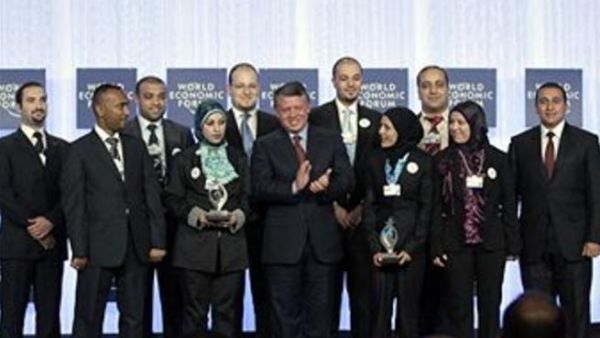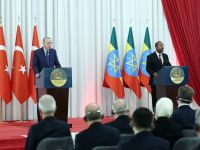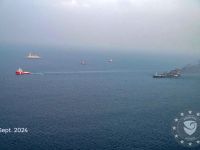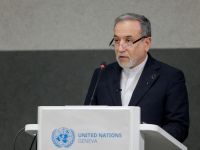At the Dead Sea This week’s World Economic Forum’s Special Meeting on the Middle East at the Dead Sea in Jordan straddled a strange disconnect between two very different strands of action. While the politicians from Libya and Egypt were talking of dramatic political developments which have changed the Arab world forever, at the same time the social entrepreneurs were talking of the importance of investment in education and nurturing entrepreneurial start-ups.
On the one side there was the reality of senior politicians talking of managing regime change in several Arab states, with protesters taking to the streets, being killed in their hundreds, planning of sweeping and sometimes violent political action. On the other hand were people who believed passionately in the importance of soft issues like social entrepreneuralism, quality education, and building the right environment for civil society to flourish.
It is difficult at first to see the link between politicians like Mahmoud Jibril, Chairman of Libya’s ruling National Transitional Council, or Amr Mousa, former Secretary-General of the Arab League and candidate for Egypt’s presidential election next month, with social entrepreneurs like Soraya Salti, senior vice-president of Injaz, or any of the young Global Shapers, a group of people identified by the Forum as activists who can contribute to its thinking.
But this mix is what makes the World Econ-omic Forum to be one of the few bodies where it is possible for a businessman to engage in debate with and remind a politician that any ideas of fostering democracy with new electoral laws are not going to be much use if he cannot help build a thriving middle class.
The Forum makes a point of celebrating grass roots action. One example of this was the announcement yesterday of the 2011 King Abdullah Youth Innovation Awards to 10 young finalists out of more than 1,500 examples of social innovation whose projects can inspire others across the Arab region. One such winner was I-Serve in Beirut which regularly gathered a few hundred people to further the values of peace and truth.
The point the World Economic Form is making is that although such projects are small on their own, when combined into thousands of similar actions all over the region, they are making a huge difference as the kind of thinking that drives them becomes the social norm, and people take more responsibility for their own future and to improve their lives.
However, the Forum combines both such small grassroots action groups with global business leaders. In the same room as the awards were given to the individuals who had worked on their micro projects around the region, Muhtar Kent, Chairman and CEO of Coca-Cola, spoke of the giant drinks company’s plans to invest $5 billion in the Arab region in the next 10 years.
The point of this eclectic mix of participants is to articulate the balance between civil society, government and business. The Arab world has suffered from these three forces operating in their own silos, to the great depravation of innovation and social hope. One of the powerful effects of the Arab Spring is that the new thinking is forcing these elements to recognise their weaknesses, and combine to build a more complete society.
This kind of work does not offer easy headlines nor does it produce quick results, but the obvious power of the Arab Spring, and the hopes of the vast majority of the Arab world which is under 25 years old, is forcing anyone over 25 years old to rethink how the Middle East could be managed. The Special Meeting at the Dead Sea was a small glimpse into the many changes that are working on the fabric of the Arab world.








